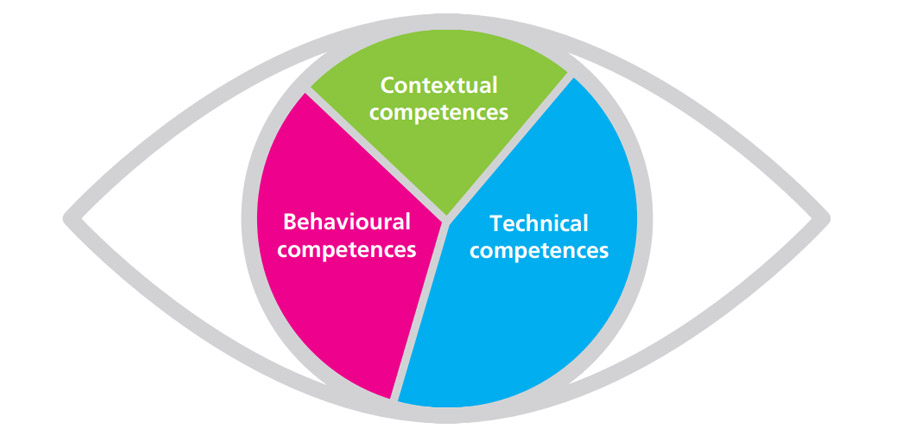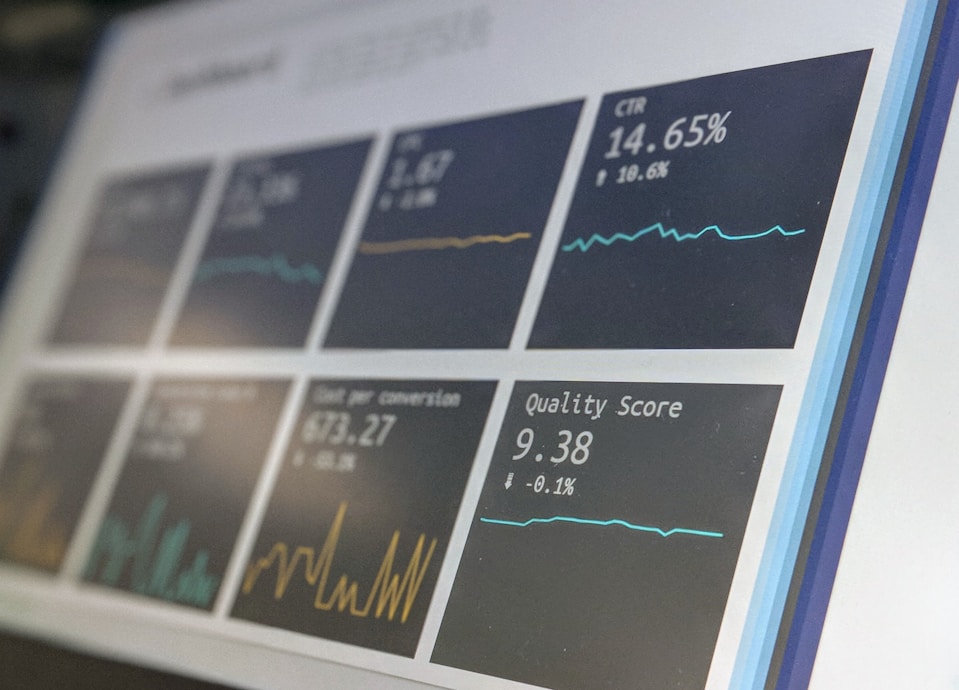If software is eating the world, as Marc Andreessen once aptly noted, then IT project managers are maître d’s who get to serve the customer and manage both the waiting and the kitchen staff. The responsibility is tremendous because customers are craving for professional, top-of-the-line project management service.
Surprisingly, 42% of companies underestimate the importance of project management. Our 20-year expertise in software development suggests that a seasoned IT project manager can become the silver bullet for your project.
So how to be a successful project manager and what to consider when looking for a person to take this role? Let’s cover the traits of the effective project manager, so you know how to get the best one.
Lack of Developers
Find out how to deal with the lack of IT talents without compromising project delivery.
1. Leadership
To lead a team is at the core of any project manager activity — a very versatile team in the case of IT project managers. It takes a mix of developers, QA engineers, designers, business analysts, and other team members to deliver a software project.
The mindset of a visionary, who can focus on the investors’ business goal behind the daily development routine, is, therefore, a must-have quality for a promising IT project manager.
“Part of being a great project leader is being an actively engaged sponsor as it helps ensure stakeholders are aligned and the vision is communicated effectively.”
— Tony Meggs, Chief Executive at Infrastructure and Projects Authority (IPA)
How do you make sure your IT project manager is a natural leader? Well, effective leaders know how to:
- Organize and inspire the team; delegate tasks
- Step back at certain moments and let the team jell
- Push the team forward past scope creep and tech limitations
2. Communication
Communications-related tasks take 70-90% of the PM time. It’s no surprise, that this capability ranks so high among the effective project manager skills.
A successful IT project manager excels at communication. After all, he or she is the focal point of the project, bringing together the client’s team with the development team.
Therefore it’s in the project manager’s best interest to establish open lines of communication between both sides from the start of the project. The success of a project will hinge on a constant feedback loop between the project stakeholders and the development team.
How can you check if your IT project manager is a great communication enabler? Look for these signs:
- Proactive: comes up with ideas and solutions that add value to a product or optimize development costs
- Keeps track of the project progress and furnishes stakeholders with timely updates along the way
3. Competence
From our experience, the strengths of a competent IT project manager often come with a hands-on coding background. These are ex-developers and software architects who have outgrown their engineering capacity.
Competent IT project managers are not only well versed in the nitty-gritty of the software development process. They also understand when a specific approach, such as waterfall or agile, will work best or what project management tools to use on a project, etc.
Here’s how the International Project Management Association envisions what they call an “Eye of Competence”:

Source: IPMA Competence
How to make sure your IT project manager is competent?
- Equally knowledgeable about technologies and software development methodologies
- Proficient with project management and knowledge transfer software tools
Discover the diversity of Software Development Methodologies
4. Team Building
As noted above, a software development team — even when working on a small project — has many players with various roles. It takes a lot of talent to build them into a solidly performing team.
The team-building trait somewhat correlates with leadership. The project manager’s task is to arrange the process in a way that everybody is performing at the top of their capacity.
An example of effective team building is when a project manager takes notice of a rockstar developer who is not a great team player and reassigns him to an isolated task, or swaps entirely for another developer.

What to expect from an IT project manager who is a good team builder?
- A balanced team where everybody is working towards reaching a common business goal
- Direct access to each team member when necessary
5. Consistency
The ability to deliver predictable results is one of the key traits of an effective manager.
To align with modern project management characteristics, it’s essential to keep a record of successfully delivered software projects. If one project is delivered on time and within budget and another similar one is a flop, the effectiveness of a project manager is questionable. Businesses rely on results that can repeat.
Find out the Key Challenges Causing Software Project Delays
6. Stress Resistance
Every software development project will inevitably start going astray at some point. It’s how things are. And the most common reasons are lack of involvement from the stakeholders and scope creep. Either situation is stressful, especially under a tight budget and a strict deadline.
Successful IT project managers will always walk the extra mile to win the project stakeholders’ attention and put the project back on track.
7. Decision-Making

Another strength of a project manager is their capability to make quick and strategic decisions. It involves collecting necessary information and analyzing it, finding the right people and tools, taking responsibility, foreseeing roadblocks, and predicting outcomes.
Software project implementation is full of unexpected twists and turns — thus, it needs a good grip and a determined approach to decision-making.
8. A Skilled Motivator
Being a skilled motivator is one of the must-have attributes of a project manager. Since the role demands leading a team and communicating with all stakeholders, it’s essential to be persuasive, inspire everyone to do the best they can, and make them feel their contribution is of utmost importance.
It’s also necessary for a project manager to encourage the team constantly, provide and collect feedback, and share a project vision with all team members. The right motivation often lies at the core of the project’s success.
9. Strategic Planning
Effective project management requires dealing simultaneously with a lot of instruments and resources like time, people, budgets, and processes. It involves a great deal of concentration and multitasking, which makes the role and characteristics of a project manager very demanding. To successfully cope with such an abundance of activities, one needs to have a gift for planning.
A good project manager keeps a detailed calendar, assigns tasks, optimizes workload, balances the skills of the team, controls deadlines, and thinks way ahead. Sounds a lot, right? That’s why there’s such a headhunt for project managers who are best at strategic planning.
10. Time Management
As follows from the previous part, the personality traits of a project manager should also include self-organization in terms of time management. It’s the last on our list but not the least important one.
Deciding how to set task priorities, estimating workloads, scheduling meetings, building the project timeline, and communicating with all stakeholders — these are just a few examples of activities requiring time management skills.
Project Health Check
Learn the actionable steps to keep your software project on the right track, aligned with your initial goals and designated priorities.
So we’ve covered the qualities of a good project manager, and now you know what to pay attention to. However, there’s much more to consider for successful software project development. Thus, let us know if you need any help with it, or get in touch to learn more about project management best practices at Velvetech and how you can apply them to your projects.
































